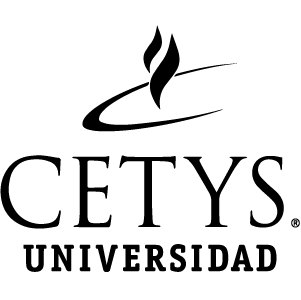https://repositorio.cetys.mx/handle/60000/1655| Título : | Educational Curricula and Self-Efficacy: Entrepreneurial Orientation and New Venture Intentions among University Students in Mexico |
| Título de capítulo: | Developmental Entrepreneurship: Adversity, Risk, and Isolation (International Research in the Business Disciplines, Vol. 5 |
| Autor : | Álvarez Rodríguez, Ricardo David DeNoble, Alex Jung, Don |
| Palabras clave : | Entrepreneurial;Students |
| Sede: | Campus Tijuana |
| Fecha de publicación : | 22-ago-2006 |
| Editorial : | Emerald Publishing Limited |
| Citación : | Alvarez, R.D., DeNoble, A.F. and Jung, D. (2006), "Educational Curricula and Self-Efficacy: Entrepreneurial Orientation and New Venture Intentions among University Students in Mexico", Galbraith, C.S. and Stiles, C.H. (Ed.) Developmental Entrepreneurship: Adversity, Risk, and Isolation (International Research in the Business Disciplines, Vol. 5), Emerald Group Publishing Limited, Bingley, pp. 379-403. |
| Resumen : | By almost any index Mexico has historically struggled in the last century with economic and social growth. For example, Kearney's (2005) well-respected Globalization Index ranks Mexico 42nd in the world and the U.N. Human Development Reports (2003) rank Mexico 53rd in its Human Development Index. Recently, however, Mexico appears to have made a commitment to transform into a competitive nation by privatizing state-owned industries, reducing international commerce barriers and tariffs, attracting foreign investment, and establishing free-trade agreements (NAFTA) with neighbors such as the United States and Canada (Young & Welsch, 1993). However, to sustain the changes, a strong and capable group of domestic entrepreneurs are needed in Mexico. RESUMEN Según casi cualquier índice, México ha luchado históricamente en el último siglo con el crecimiento económico y social. Por ejemplo, el muy respetado Índice de Globalización de Kearney (2005) clasifica a México en el puesto 42 en el mundo y los Informes de Desarrollo Humano de las Naciones Unidas (2003) clasifican a México en el puesto 53 en su Índice de Desarrollo Humano. Recientemente, sin embargo, México parece haberse comprometido a transformarse en una nación competitiva mediante la privatización de industrias estatales, la reducción de barreras y aranceles comerciales internacionales, la atracción de inversiones extranjeras y el establecimiento de tratados de libre comercio (TLCAN) con vecinos como Estados Unidos. Unidos y Canadá (Young & Welsch, 1993). Sin embargo, para sostener los cambios, se necesita en México un grupo fuerte y capaz de empresarios nacionales. |
| Descripción : | Pages 379-403 |
| URI : | https://repositorio.cetys.mx/handle/60000/1655 |
| ISBN : | 978-0-76231-358-7 |
| Aparece en las colecciones: | Capítulos de Libro |
Este ítem está protegido por copyright original |
Este ítem está sujeto a una licencia Creative Commons Licencia Creative Commons


